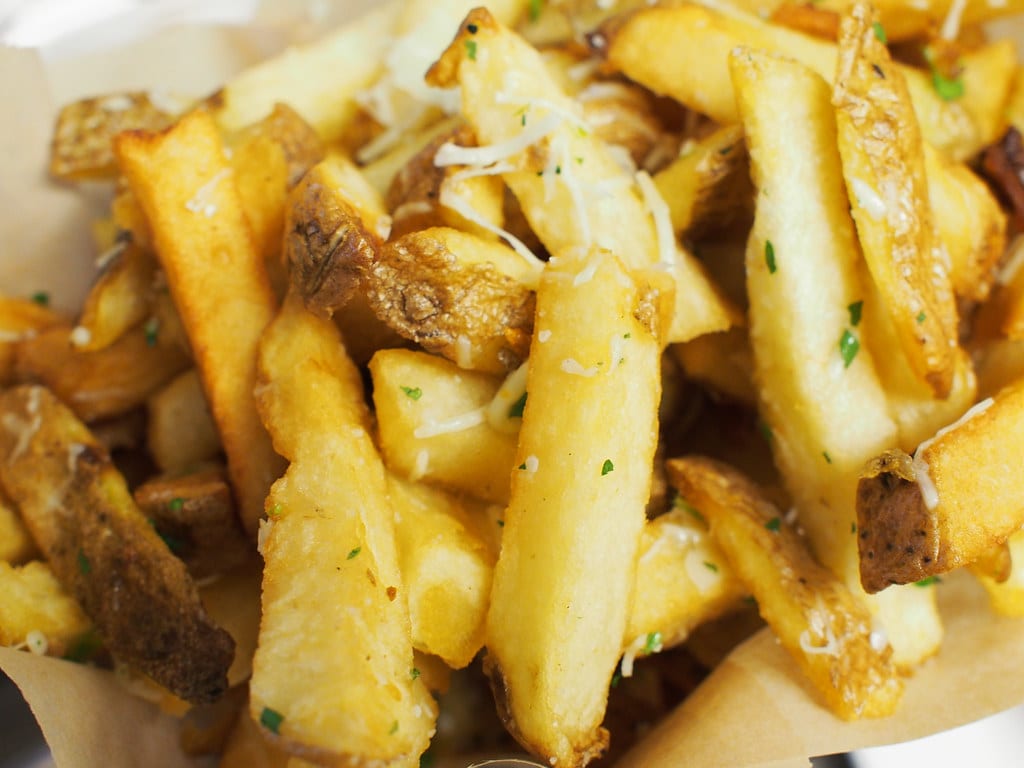With the holidays upon us, exercising self-control is the last thing on everyone's mind, as we are deluged with stimuli to shop, eat, and drink more. For Dr. Michelle vanDellen, however, the subject of self-control is always relevant, as it is an area her research focuses on.

VanDellen, an Associate Professor in the Department of Psychology at the University of Georgia, defines self-control as “effortful and conscious self-regulationâ€. “It is a subset of self-regulation that people are often aware of and that is not easy,” she added.
Exercising self-control is a concept that is familiar to most people when it comes to consumption (e.g. eating) and addiction (e.g. smoking) both of which are behaviors that vanDellen studies. What is significant about vanDellen's research is that she not only studies how people exercise self-control in pursuing their own goals, but also how social relationships can affect people's self-control behavior, and vice versa.
“I liken the strain of research I do back to a professor named Dr. Walter Mischel who studied kids with marshmallows,†said vanDellen.
The Marshmallow Experiment is a well-known social psychology study from the 1960's. In the experiment, kids around the ages of 4 and 5 were each presented with a marshmallow and told by researchers that if they did not eat the marshmallow after 15 minutes, they would receive a second one as a reward. The researchers then left each kid alone in the room with the marshmallow, and studied their behavior.
The Marshmallow Experiment spurred a subfield of research on the psychology of self-control in which vanDellen herself has made several contributions.

Moderation is key. Right?
Everything in moderation. We've all seen this phrase reminding us to take a balanced approach to life, especially with regard to what we consume. However, what does “moderation†really mean? How do people actually measure moderation, and how does it differ from person to person? Dr. vanDellen launched a project to study this.
In the study, university students were presented with an image of 24 gummy candies. They were asked how many candies they thought they should eat in one sitting, what they considered to be moderate consumption in one sitting, and whether they liked gummy candies.
Generally, participants in the study defined moderation as the amount of consumption that was more than what they thought they should consume, and that personal biases affect how people define moderation.
“People define moderation as greater than what they actually consumeâ€, vanDellen said. “They tend to think that moderation is larger when they like a food or a beverage.†Therefore, participants who liked gummy candies tended to define a larger portion as “moderate†than those who were not fond of gummies.
A better way to track how much we consume, then, is to use a more objective metric (e.g. number of calories), instead of a subjective measurement of how much you think a moderate amount is.
Self-control and social relationships
The Marshmallow Experiment examined kids' self-control in an empty room where no one else was around. However, this is rarely the case when people practice self-control in reality. To understand how social relationships affect people's self-control behavior and vice versa, vanDellen studied quitting behaviors of smoking couples.

Trying to quit smoking when you are in a relationship with a smoker can be difficult. Many smokers feel the temptation to smoke when they face cues, such as the smell of smoke or having a drink. Therefore, the self-control of the partner who is trying to quit could be undermined if the other partner is still smoking.
On the other hand, vanDellen and colleagues found that a person's demonstration of self-control or lack thereof can affect how their partners support their quitting endeavor. If the person who is trying to quit experiences a lapse, their partner is less willing to offer support. Alternatively, the supporting partner may also offer more negative support, such as commenting on the negative consequences of smoking (e.g. smelly clothes), instead of positive support (e.g. encouragement) if the quitting partner has had a failed quit attempt in the past.
Currently, vanDellen and colleagues are still exploring remaining questions about the psychology of self-control. She also applies her research to exercising self-control in her personal life. “I track my time, I track calories, I track my physical fitness, I track my finances. Everything that matters, there's an objective metric that I'm using to keep track of what I'm doing. It forces you to realize that the perception you have might not be the reality.â€
So, when you're reaching for that third helping of candied yams at the holiday dinner table, you can share what you've learned about the psychology of self-control with your relatives. It's a much more pleasant topic than politics.
Interested to learn more? Visit Dr. vanDellen's website to find out more about her research.
About the author:
Angela Hsiung is a PhD student in Warnell School of Forestry and Natural resources at  UGA. She enjoys studying wildlife and fish ecology and conservation. Aspiring to be a master of none, when Angela is not at school, she can be found lagging behind a group of runners while gasping for breath, mis-identifying a bird, or failing spectacularly at playing “Sweet Home Alabama†on the guitar. You can contact her at solitaire.hsiung@gmail.com. More from Angela Hsiung.
UGA. She enjoys studying wildlife and fish ecology and conservation. Aspiring to be a master of none, when Angela is not at school, she can be found lagging behind a group of runners while gasping for breath, mis-identifying a bird, or failing spectacularly at playing “Sweet Home Alabama†on the guitar. You can contact her at solitaire.hsiung@gmail.com. More from Angela Hsiung.
About the Author
-
athenssciencecafehttps://athensscienceobserver.com/author/athenssciencecafe/April 17, 2020
-
athenssciencecafehttps://athensscienceobserver.com/author/athenssciencecafe/April 12, 2020
-
athenssciencecafehttps://athensscienceobserver.com/author/athenssciencecafe/April 3, 2020
-
athenssciencecafehttps://athensscienceobserver.com/author/athenssciencecafe/March 30, 2020







